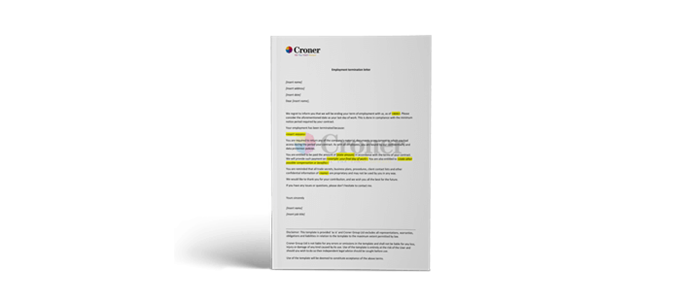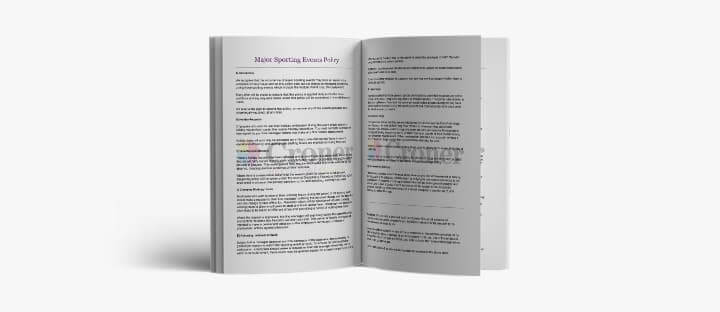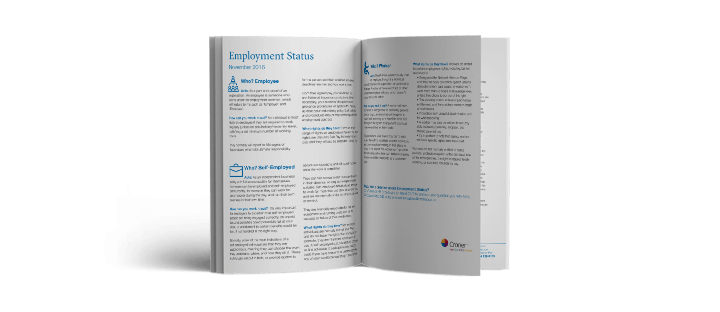It’s crucial that both you and your trusted employees know what to expect from one another, which is why employment contracts exist. An employment contract is a legal requirement, and you may face unfair dismissal claims if these are poorly drafted. We want to help prevent that from happening.
Here, you will find all the resources you need to get information on how your contracts and documentation should look, advice on how to implement them, and any other support related to employment law. If you want to hear more, then why not give our knowledgeable team a call on 0808 501 6651?
















